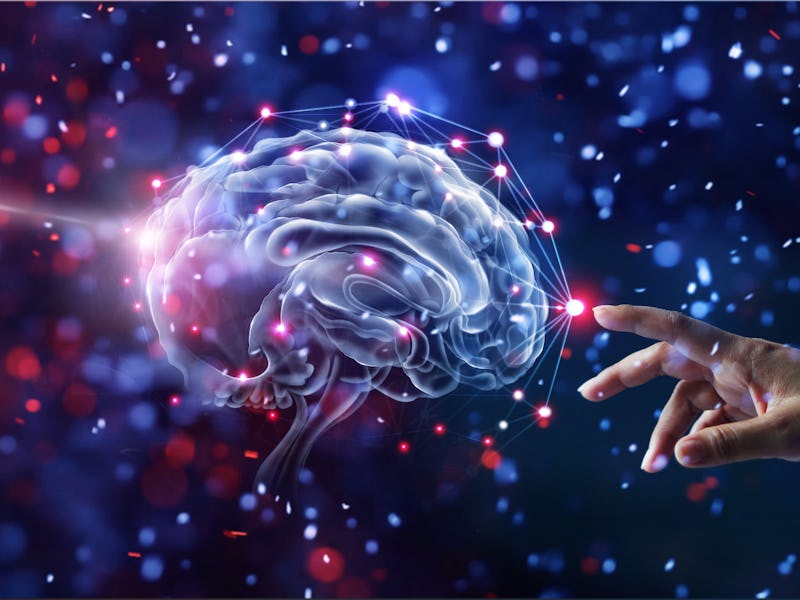Neuralink: Elon Musk teases 'awesome' advancements may be detailed soon
The founder of the human-computer brain linkup firm has big plans.

Neuralink, Elon Musk's brain-computer linkup firm, has been busy. The secretive firm, which Musk has suggested could one day stop super-intelligent A.I. from enslaving humanity, has been developing a chip that could help medical patients control computers with their brains.
"The profound impact of high bandwidth, high precision neural interfaces is underappreciated," Musk explained on Twitter Sunday. "Neuralink may have this in a human as soon as this year. Just needs to be unequivocally better than Utah Array, which is already in some humans & has severe drawbacks."
Neuralink has developed a small invasive chip that places over a thousand electrodes in the brain. On Sunday, Musk revealed that the company has been developing an "awesome" new version of the setup presented last year. A presentation detailing the updates, Musk told his Twitter followers, could take place "probably this summer."
Elon Musk's declaration on Twitter.
It could offer a vast improvement over existing solutions. The Utah Array, which Musk compared to a "medieval torture device," offers up to 256 electrodes and has been used to study conditions like epilepsy. On Sunday, Musk described the potential for Neuralink to take this area of study even further.
"It will ultimately be used to make up for entire lost sections of the brain due to stroke/accident/congenital," Musk wrote on Twitter. "Don’t want to get too excited, but the potential is truly transformational for restoring brain & motor functions. There is no other way to do it imo."
The Neuralink logo.
The firm is one of Musk's quieter projects, but it could transform medical patients' lives by helping them interact with computers using their brains. At the first major presentation of the company's work in July 2019, Musk explained how existing brain-computer interfaces tended to be bulky with limited bandwidth, citing one used for Parkinson's with just 10 electrodes.
During the July 2019 event, Neuralink outlined the N1 chip, a four-millimeter-by-four-millimeter chip with 1,024 electrodes. Using four chips wired to an inductive coil near the ear, which then connects to a battery-powered Bluetooth link that sits outside the skin, a patient can interact with a smartphone or computer.
But on the more radical end of the scale, Musk has suggested Neuralink could protect humanity from a rise in super-smart artificial intelligence. In August 2019 he explained how human speech would sound like "slow tonal wheezing" to a machine, while a high bandwidth linkup would enable a more efficient interface.
Three months later, he declared that "it’s important that Neuralink solves this problem sooner rather than later, because the point at which we have digital superintelligence, that’s when we pass the singularity and things become just very uncertain." Musk has also called for government regulation to get ahead of the issue before it develops.
Neuralink could reach its first patients very soon. During the July 2019 event, the team outlined its ambition to host its first human trial by the end of 2020, with a focus on patients with quadriplegia due to C1-C4 spinal cord injury. Musk reiterated this goal on Sunday, suggesting the company is still on track to potentially meet this deadline.
But beyond brain-computer linkups, Neuralink could also offer major improvements in surgeries. At last summer's event, the team outlined a robot that could stitch the probes into the brain through an incision. It can cut to two millimeters, dilate to eight millimeters, place the probe in and glue it shut in less than one hour.
"It has general applications beyond fast, high precision micro-electrode insertion that automatically avoids the vasculature," Musk wrote Sunday in response to a suggestion the robot could take on more surgeries.
But as for when non-medical patients could get linked up, that's unlikely to happen any time soon. Musk stated in July 2017 that it might not arrive in the general public's brains for another eight to 10 years.